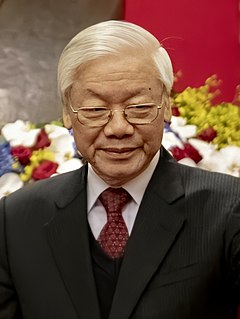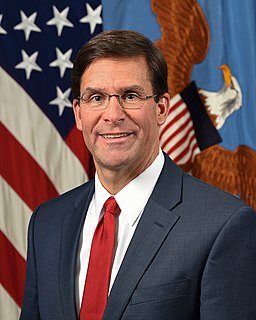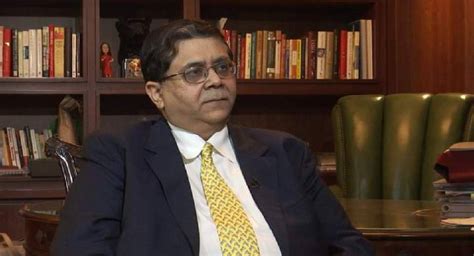A Quote by Nguyen Phu Trong
One of the main objective of our visit to India is to discuss with the Indian leaders and set out concrete,effective measures and direction aimed to deepen and add more substances to the Vietnam-India strategic partnership and translate potentials into reality in the interest of the two countries' people.
Related Quotes
There are many similarities between India and America. If you look at the last few centuries, two things come to light. America has absorbed people from around the world and there is an Indian in every part of the world. This characterizes both the societies. Indians and Americans have coexistence in their natural temperament. India and the United States of America are bound together, by history and by culture. These ties will deepen further.
For in Asia and around the world, India is not simply emerging; India has already emerged. And it is my firm belief that the relationship between the United States and India - bound by our shared interests and values - will be one of the defining partnerships of the 21st century. This is the partnership I have come here to build. This is the vision that our nations can realise together.
The ratio of boys to girls is bad in three big countries in Asia: China, Vietnam, and India. It's worst in the north of India, where there's horrendous poverty. The number of girls in many of these places is so low that it has social consequences. You get young men without jobs and without women, and this leads to chaos and political danger. But the south of India is very different.
In 1962, when I was 19, I visited India. With introductions from people involved in the U.S. civil rights movement, I was able to visit with several of the leading Gandhians there. The hundred-to-one difference in average per capita income between America and India at the time was a stark reality for the people who became my friends there.
There are really at least two Indias, there is an India or a shining India the one which the west seas usually through urbanize and there is an India outside some of the big metro policies and in even the tier two cities and in rural India which is completely different. It goes by the name of Bahar which is a traditional name for India.
India is a country that has no direct interests in some areas of global conflict. It has very good relations with countries in conflict or countries facing difficult security situations, and I believe Indian diplomacy is very well received. India is a bridge-builder, an honest broker, and a messenger of peace.
When I wrote 'Monsoon,' I always imagined the music video being shot in India. The song had so much to do with my time in India with my mother as well as leaving her in India during the monsoon season to visit my family in N.Y. It really was a dream come true when I was given the opportunity to shoot in India.
If you look at the India-US relationship for example, the role that the Indian diaspora has played in the relationship is extremely crucial. Yes, we share democratic values but there is also the great role that the Indian diaspora has played in strengthening the bond of friendship between India and the US, and of course in underscoring the democratic values between the two countries.






























